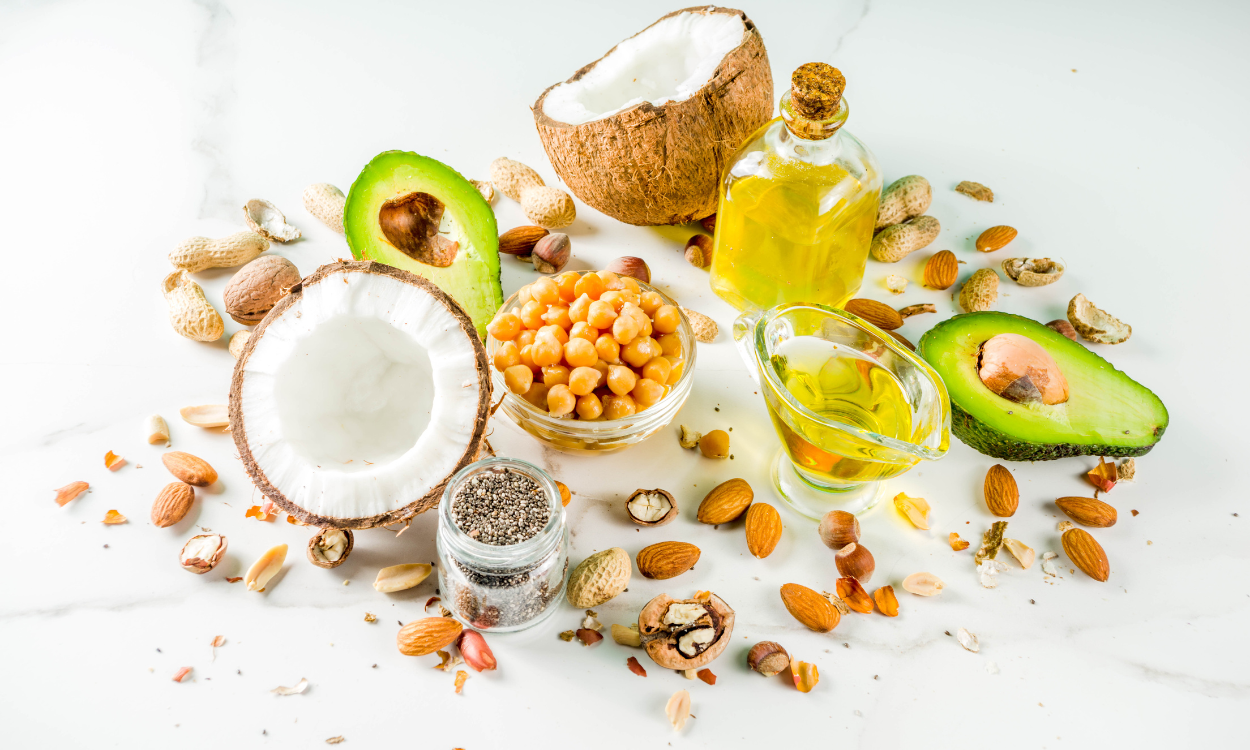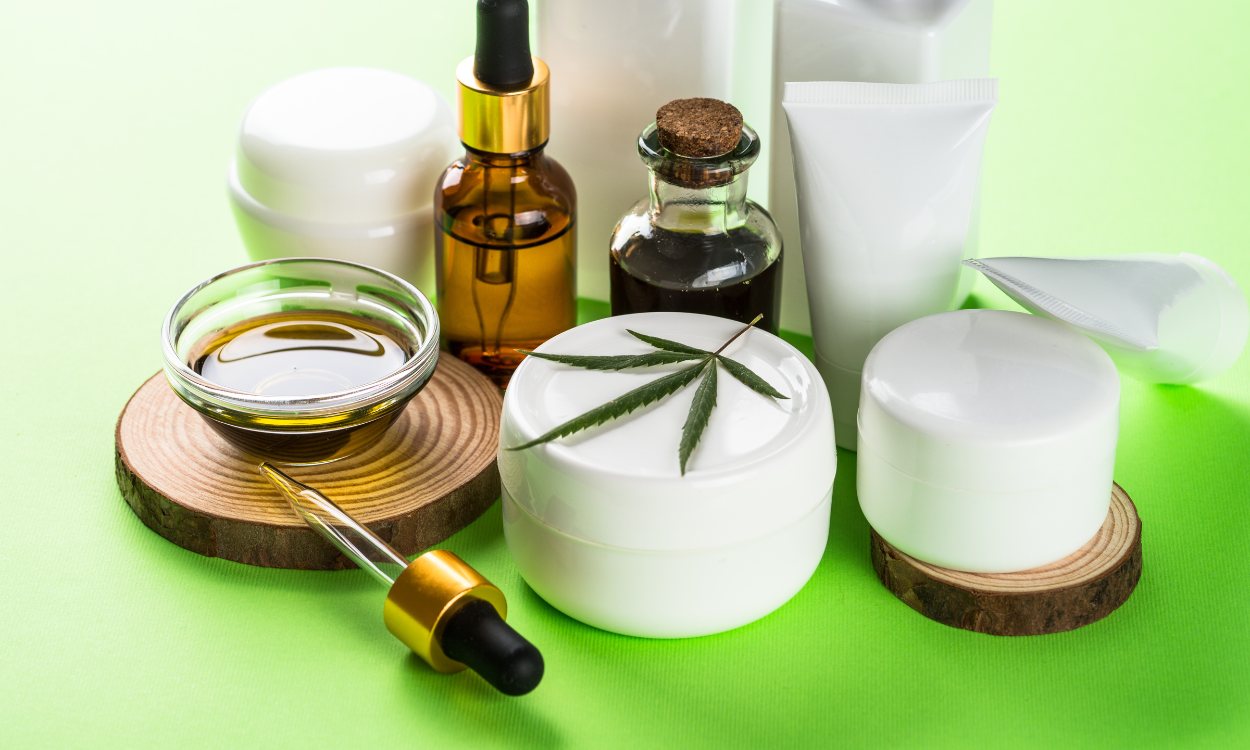Antibodies are vital components of the immune system, playing a crucial role in defending the body against harmful pathogens and foreign substances. Extracting antibodies from biological samples is essential for various research and diagnostic purposes. This process involves isolating and purifying specific antibodies from blood, serum, or other bodily fluids. Antibody extraction techniques can vary depending on the source of the sample and the desired antibodies, with methods ranging from simple precipitation to sophisticated affinity chromatography. The extracted antibodies can then be used in a wide range of applications, including disease diagnosis, therapeutic drug development, and protein purification. In this article, we will explore the various techniques and considerations involved in antibody extraction.
Effective Methods for Extracting Antibodies from a Sample
The most effective methods for extracting antibodies from a sample typically involve techniques such as immunoprecipitation, protein A or G affinity chromatography, and antigen-affinity purification. Immunoprecipitation involves binding the antibodies to specific antigens and then isolating them using centrifugation or magnetic beads. Protein A or G affinity chromatography utilizes the binding properties of these proteins to capture and purify the antibodies from a sample. Antigen-affinity purification involves immobilizing the antigen on a solid support and then eluting the specific antibodies bound to it. These methods are highly specific and efficient in isolating antibodies from complex biological samples, allowing for their subsequent use in various research and diagnostic applications.

How can we ensure a high yield of antibodies during extraction?
To ensure a high yield of antibodies during extraction, it is important to optimize the conditions of the extraction process. This can be achieved by using the appropriate buffers and reagents, as well as carefully controlling factors such as pH, temperature, and incubation time. Additionally, selecting a suitable method for extraction, such as protein A/G chromatography or affinity purification, can help improve the efficiency of antibody recovery. It is also crucial to properly handle and store samples to prevent degradation of the antibodies, as well as to use quality control measures to assess the purity and concentration of the extracted antibodies. By following these steps, researchers can maximize the yield of antibodies during extraction for use in various applications.
Are there any potential side effects or limitations to the antibody extraction process?
There are potential side effects and limitations to the antibody extraction process, including the risk of contamination or degradation of the antibodies during extraction, which could affect the accuracy and effectiveness of subsequent analytical techniques. Additionally, some antibodies may be more difficult to extract than others, depending on their structure and binding affinity, leading to lower yields or incomplete extraction. Furthermore, the use of inappropriate extraction methods or reagents can result in nonspecific binding or loss of specificity, compromising the reliability of the results. It is important to carefully optimize the extraction process and consider potential limitations to ensure accurate and reproducible antibody detection.
How do different types of samples (blood, tissue, etc.) affect the extraction of antibodies?
Different types of samples, such as blood or tissue, can have varying concentrations and qualities of antibodies present, which can impact the efficiency and yield of antibody extraction. Blood samples may contain a higher concentration of antibodies due to their presence in the bloodstream, while tissue samples may have lower concentrations that require more sensitive extraction methods. Additionally, the complexity and composition of different sample types can affect the ability to isolate specific antibodies, as well as potential interfering substances that could affect the accuracy of extraction techniques. Therefore, it is important to consider the type of sample being used and tailor the extraction process accordingly to ensure optimal results.
What is the optimal storage method for extracted antibodies to maintain their stability and efficacy?
The optimal storage method for extracted antibodies to maintain their stability and efficacy typically involves storing them at a temperature of -80°C in a freezer. It is also important to aliquot the antibodies into smaller, single-use portions to prevent multiple freeze-thaw cycles which can degrade their effectiveness. Additionally, storing antibodies in a buffer solution containing stabilizing agents such as glycerol or bovine serum albumin can help protect them from degradation and maintain their activity over time. Properly labeling and tracking the storage conditions and expiration date of the antibodies is crucial to ensure their stability and efficacy when used in experiments or clinical applications.

Can antibodies be successfully extracted from samples that have been frozen or stored for long periods of time?
Antibodies can be successfully extracted from samples that have been frozen or stored for long periods of time, as long as proper storage and handling techniques have been followed. Freezing can help preserve antibodies by slowing down the degradation process, but it is important to ensure that the samples have been stored at the appropriate temperature and have not undergone multiple freeze-thaw cycles, which could impact the stability and functionality of the antibodies. Additionally, using validated extraction methods and quality control measures can help ensure the reliability and effectiveness of the extracted antibodies.
How does the quality of the sample impact the success of antibody extraction?
The quality of the sample is crucial in determining the success of antibody extraction because it directly affects the specificity and sensitivity of the assay. A high-quality sample with a high concentration of target antigens will result in greater antibody yield and more accurate results. Conversely, low-quality samples with low antigen concentrations or high levels of contaminants can lead to false negatives, false positives, or poor signal-to-noise ratios, compromising the reliability and reproducibility of the assay. Therefore, ensuring the sample is properly collected, stored, and processed is essential for obtaining reliable and meaningful antibody extraction results.
Are there any emerging technologies or techniques that could improve the efficiency of antibody extraction processes?
One emerging technology that could improve the efficiency of antibody extraction processes is the use of microfluidic devices. These devices allow for precise control of fluid flow and mixing at a small scale, which can increase the speed and effectiveness of antibody extraction. Additionally, advancements in chromatographic techniques, such as high-performance liquid chromatography (HPLC) and affinity chromatography, are helping to streamline and optimize the purification process of antibodies from complex biological samples. Overall, the integration of these innovative technologies and techniques has the potential to significantly enhance the efficiency of antibody extraction processes in various research and industrial settings.
The Importance of Antibody Extraction in Biomedical Research
1. Use sterile techniques throughout the extraction process to prevent contamination.

2. Be cautious when handling antibodies as they are sensitive to temperature, pH, and storage conditions.
3. Select an appropriate method for antibody extraction based on the source material (e.g. blood, tissue).
4. Be aware of the specific properties of the antibody being extracted, such as its isotype and affinity, to optimize extraction efficiency.